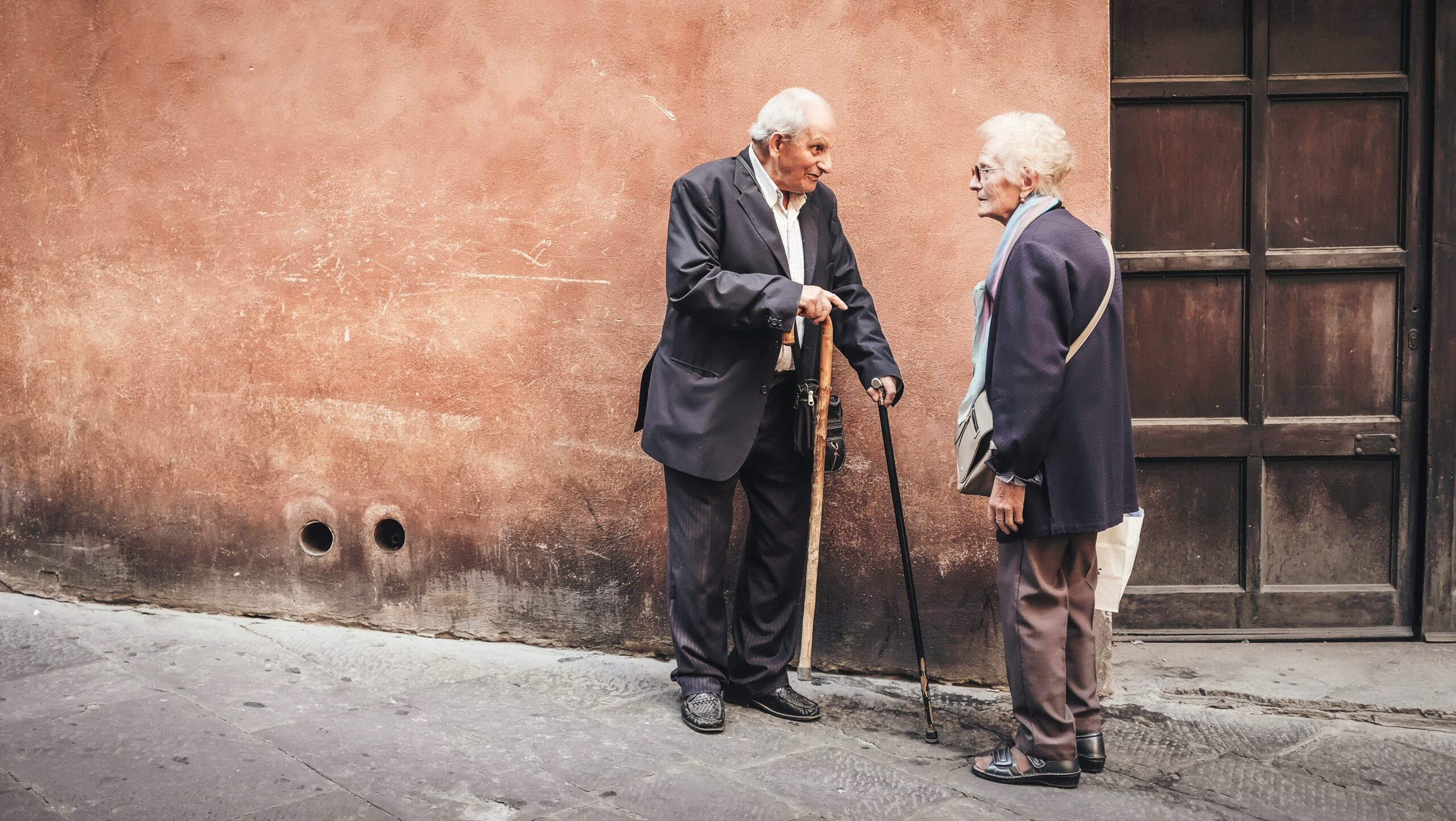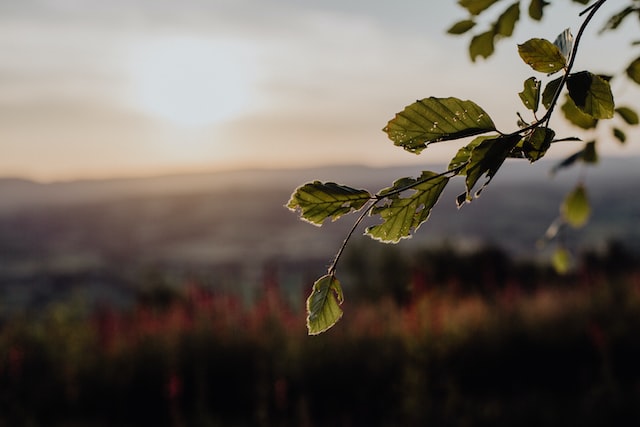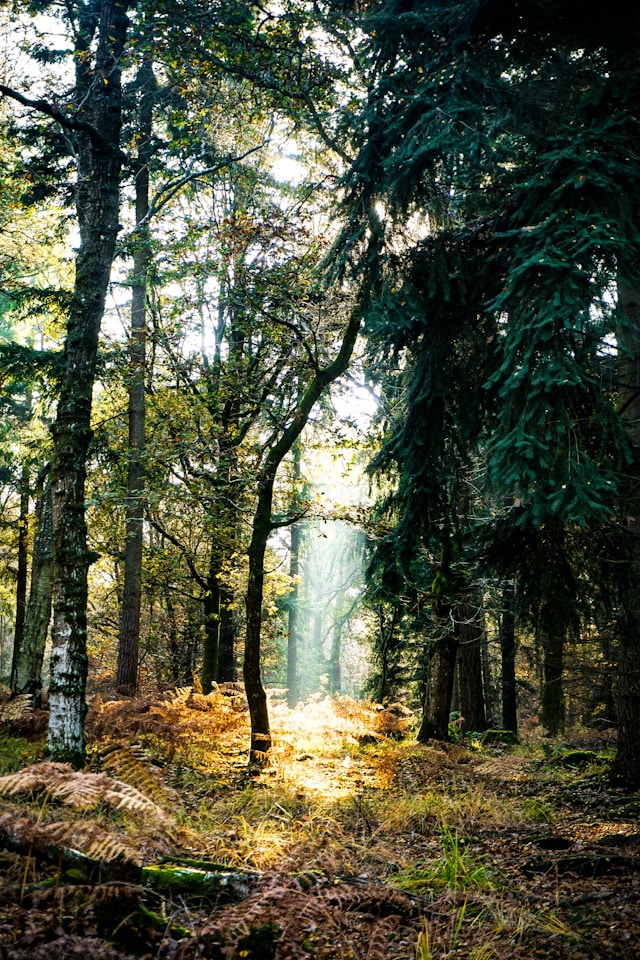
The tongue of their hearts
When I was nine, my grandfather’s elder brother, Itzhak, came for a visit from Caracas. It had been twenty-five years since they had seen each other.

Every day is a reenactment of the creation story.
— Joy Harjo, “A Postcolonial Tale”
“A Postcolonial Tale” was published as a poem in How We Became Human and as a song on the album, Letter From the End of the Twentieth Century, by Joy Harjo and Poetic Justice.
The opening line of Joy Harjo’s poem, “A Postcolonial Tale,” found me just in time.
I’ve always followed the news closely, priding myself on being aware of events here and around the world. But scrolling through the latest tragedies and travesties on my phone each morning was turning me into someone I didn’t want to be. Social media, of course, made things worse. Reading posts from some of my childhood friends, folks I’d gone to church with, relatives, or an old roommate, could leave me angry and distrustful of people I’d known for most of my life. My views of those with whom I disagreed were hardening. Fossilizing. My vision of people and events was increasingly painted in black and white. I was stewing in a sort of hopeless self-righteousness.
Harjo’s proclamation that “Every day is a reenactment of the creation story” broke the spell. Her poem, published in 1994, puts most of the blame on TV, which she calls, “the box that separates the dreamer from the dreaming,” but it certainly applies to our more modern devices.
Lately, I’ve taken to starting my days with that opening line, reflecting on the creative potential of every morning. It challenges me to look for signs of new life, rather than just the news. It enables me, at least for a moment, to set aside the past and imagine what healing might look like. Most importantly, it reminds me that this sort of imagining is open to everyone, every day.

Dennis Huffman
I grew up on an apple farm in northeast Ohio and attended a Mennonite college in Indiana before heading to grad school and landing in the DC area. I’ve recently retired from a career as a community college administrator and enjoy writing, combating invasive plants in our local parks, and traveling with my wife.
Join the Conversation
Your voice matters! Join the discussion by posting a comment or replying to an existing one. We’d love to hear what you think. Stay friendly, stay curious!
Read the Stories and Meet the People Who Wrote Them
Wander around and see which stories speak to you. Each story contributes to our collective experiences, creating a bridge of shared understanding.
Share Your Story and Be a Bridge Builder
Reflect on a meaningful saying, quote, poem or song. It could be an old family saying, a quote that inspires you, or a heart-touching poem or song.
Support Us
Our project relies on volunteer efforts, your support would be greatly appreciated to help keep this initiative going. Thank you for considering supporting us!

When I was nine, my grandfather’s elder brother, Itzhak, came for a visit from Caracas. It had been twenty-five years since they had seen each other.

Monks and holy guides of many different faiths agree that each person has their own “grace.” As Thomas Merton writes, “And each way is a grace, a special way is a special grace.”

On the mantel above my fireplace sits a representation of Quan Yin. I keep her there where I can always see her, because she embodies my intention and my spiritual practice as a human being and as a writer.

I lived in my suburban townhouse for nine years before I set foot inside a neighbor’s house. I knew their names and enough for a few minutes of small talk, but after that it felt safer to hurry back inside…